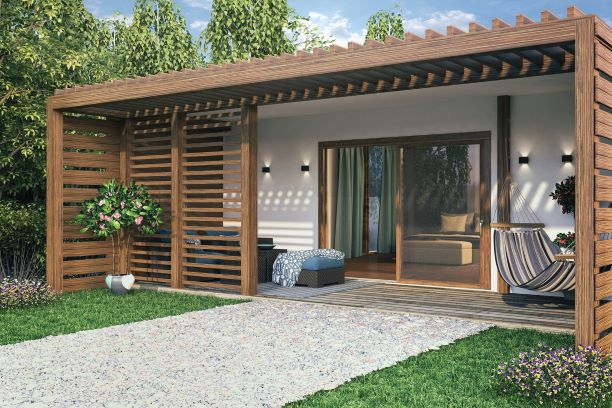
West Highland and Regis are the latest two North Denver neighborhoods targeted for possible rezoning to facilitate construction of accessory dwelling units (ADUs) on existing residential property lots. District 1 Councilwoman Amanda Sandoval is in the planning process that eventually could lead to City Council consideration of the change, seeking comment from neighborhood residents and scheduling town hall meetings for public discussion.
As was the case with other Denver neighborhoods where similar rezonings have been approved or are pending, the proposed change means property owners would not have to request individual rezonings from the City Council to enable construction of ADUs, which are secondary dwellings on a residential property with an existing house. Existing requirements such as construction permits and inspection for code compliance still would apply.
ADUs, which in years past have been called by such names as carriage houses, granny flats or in-law apartments, have become a popular legislative solution to foster construction of more homes at a time that limited housing stock has helped push Denver home prices sky-high. In North Denver, Chaffee Park and Sloan’s Lake were the first neighborhoods to get such rezonings, with potentially 1,742 lots affected in Sloan’s Lake alone.
East Colfax won ADU rezoning approval on Dec. 20, with others pending at year’s end for Villa Park, Barnum and Barnum West.
A survey of 199 residents in the affected area—95% of them property owners—showed nearly 82% approval, with about 4.5% undecided, Grunditz noted.
Support for ADU construction to address housing availability is not unique to Denver. Jurisdictions in high population states such as California, Connecticut, and New York and pricey housing markets such as Seattle, Portland, Oregon, and Austin, Texas, have passed legislation to foster ADUs dating to the 1980s. A 2020 study by the federal mortgage financier Freddie Mac found that the national share of active for-sale listings with ADUs had grown to 6.8% in 2019 from just 1.6%
in 2000.
Proponents state that ADUs not only increase the amount of available housing, much of it typically rental units, but also help increase density of urban neighborhoods as a gentler alternative to duplexes or large multi-dwelling buildings—development of which has been a sore spot in many North Denver neighborhoods over the past 20 years. With an aging population, ADUs also can provide a way for retired residents to remain on their current properties either by supplementing their income with a rental ADU or by moving into the ADU and renting out their main house.
But as with any housing-related issue in Denver, residents have been wary of potential consequences of ADU-driven density, including parking and traffic congestion concerns or changes to the character of unique North Denver neighborhoods. With little available data, it is also unclear whether ADUs have done much to improve housing affordability in a given neighborhood. Anecdotal evidence suggests that while rental ADUs may be less expensive than commercially developed rental units, few if any are rented at rates meeting the Denver definition of “affordable housing.”
The lengthy process leading to the rezonings—it typically takes six months or longer, according to District 1 planner Naomi Grunditz of Councilwoman Sandoval’s office—is already well underway for Regis. Public comment gathered in surveys of property owners and two public town hall meetings so far overwhelmingly has supported the idea. A survey of 199 residents in the affected area—95% of them property owners—showed nearly 82% approval, with about 4.5% undecided, Grunditz noted.
Survey results also seem to reflect the role of ADUs as longer-term solutions for many property owners. Of the 68.9% of respondents who stated they would build an ADU if the rezoning went through, 53.3% indicated they’d build in the next three to seven years, rather than immediately. 31.2% did not plan to build an ADU at all.
Factors related to construction costs and delays due to workforce shortages and COVID likely have suppressed recent interest in ADU construction as well, although 13 of the 23 ADU building permits issued citywide in the first half of 2021 were for District 1 properties.
Similar online and paper surveys will be conducted in West Highland, with virtual town hall meetings to discuss the rezonings scheduled for Jan. 19 and 29. Residents interested in participating in the surveys or the public meetings can get further information at bit.ly/westhighlandadus, or by contacting Ms. Grunditz at district1@denvergov.org or by phone at 720-337-7704.
Community feedback and other supporting information then must undergo review by the city Community Planning and Development Department before a proposal eventually gets to City Council, where it will be subject to further public feedback, then must win committee approval before finally getting public consideration by the full Council.

Be the first to comment